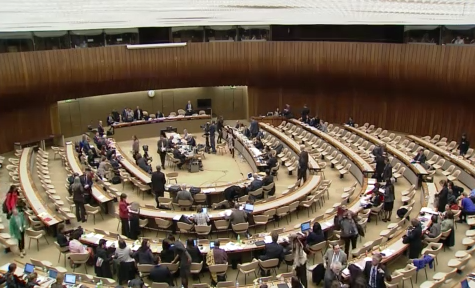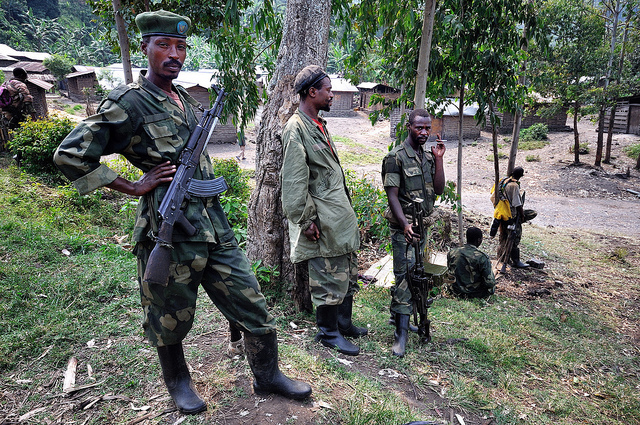The UN Human Rights Committee held its 110th session from March 10 to 28 to consider the State reports of Chad, Kyrgyzstan, Latvia, Nepal, Sierra Leone, and the United States of America. Following the session, the Committee released its concluding observations, detailing key concerns and recommendations for these States’ improved implementation of the International Covenant on Civil and Political Rights.
Read more

